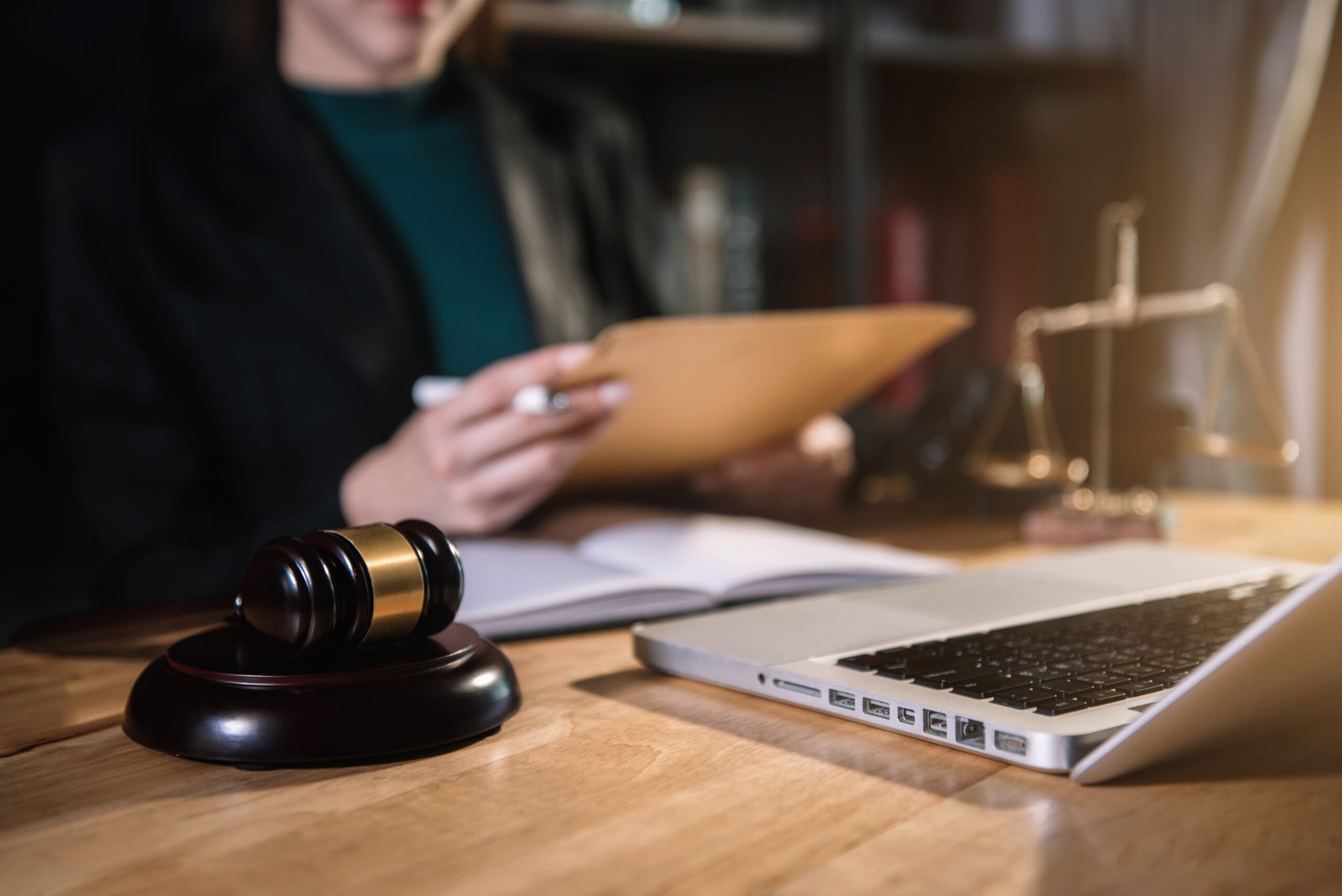The global pandemic forever changed the way we communicate. As virtual communications took precedence over in-person interactions, many of us, including legal professionals, had to learn how to make the switch.
Remote depositions are now the new norm. This has presented court reporters with unique challenges and opportunities. In order to provide accurate, error-free transcriptions of remote proceedings, it’s imperative that today’s court reporters deeply understand the ins and outs of remote depositions.
Here’s everything court reporters need to know about remote depositions to ensure accurate and admissible transcriptions.
Understand the Programs Being Used
Remote depositions can be conducted on several different platforms, including Zoom, Google Meet, GoToMeeting, and WebEx. While most of these programs are pretty straightforward, it’s important that court reporters understand the nuances of each program.
Relying on Physical Cues is No Longer an Option
A skilled court reporter is always watching the room. They develop a keen sense of awareness for body language and behaviors and can anticipate when someone is about to talk over someone else or when a lawyer will object to a question.
However, remote depositions make this nearly impossible. Moreover, with many witnesses wearing masks during the height of the pandemic, court reporters could not rely on the shape of the speaker’s lips to decipher mumbled speech.
Savvy court reporters must develop new ways to compensate for this.
Don’t Be Afraid to Ask for Clarification
It’s the responsibility of the court reporter to provide accurate transcriptions of the remote proceedings. To effectively capture everything, quality audio is essential. However, this can sometimes be out of the reporter’s control. Behaviors like participants eating or having side conversations can impact the deposition’s audio quality.
As such, it’s paramount for court reporters to speak up and ask for clarification when audio mishaps occur. Most lawyers will be understanding, and even grateful, for the reporter’s effort to ensure the utmost accuracy.
Pre-Deposition Reminders
Court reporters can proactively mitigate problems by addressing potential issues before the remote deposition begins. Before the proceedings commence, reporters can gently remind participants to avoid crosstalk, speak loudly and clearly, have a photo ID accessible, and ways to mark and share exhibits to avoid confusion.
Video Recordings vs. Court Reporter Transcripts
In the 2020 Alcorn v. City of Chicago case, the judge ruled that the plaintiff couldn’t use recorded testimony in her case. While the plaintiff believed that the similarities of the certified transcript proved the accuracy of the recording, this was not the case.
Multiple factors impacted admissibility. One issue of the plaintiff’s video was that nobody annotated it nor did they clearly state the start and stop times for the record.
A certified court reporter guarantees the integrity of a transcription. Without them, the competing counsels would present their own versions of the remote deposition and attempt to sway the jury or judge to see their side of things. As a result, truth and accuracy can fall through the cracks. This is why having a certified court reporter for a remote deposition is crucial.
Final Thoughts
Both attorneys and court reporters themselves will benefit from remote deposition expertise. A good remote deposition reporter will be familiar with the different platforms used and is never afraid to ask for clarification.
Need a certified court reporter for your next remote deposition? Contact First Legal Depositions today.





